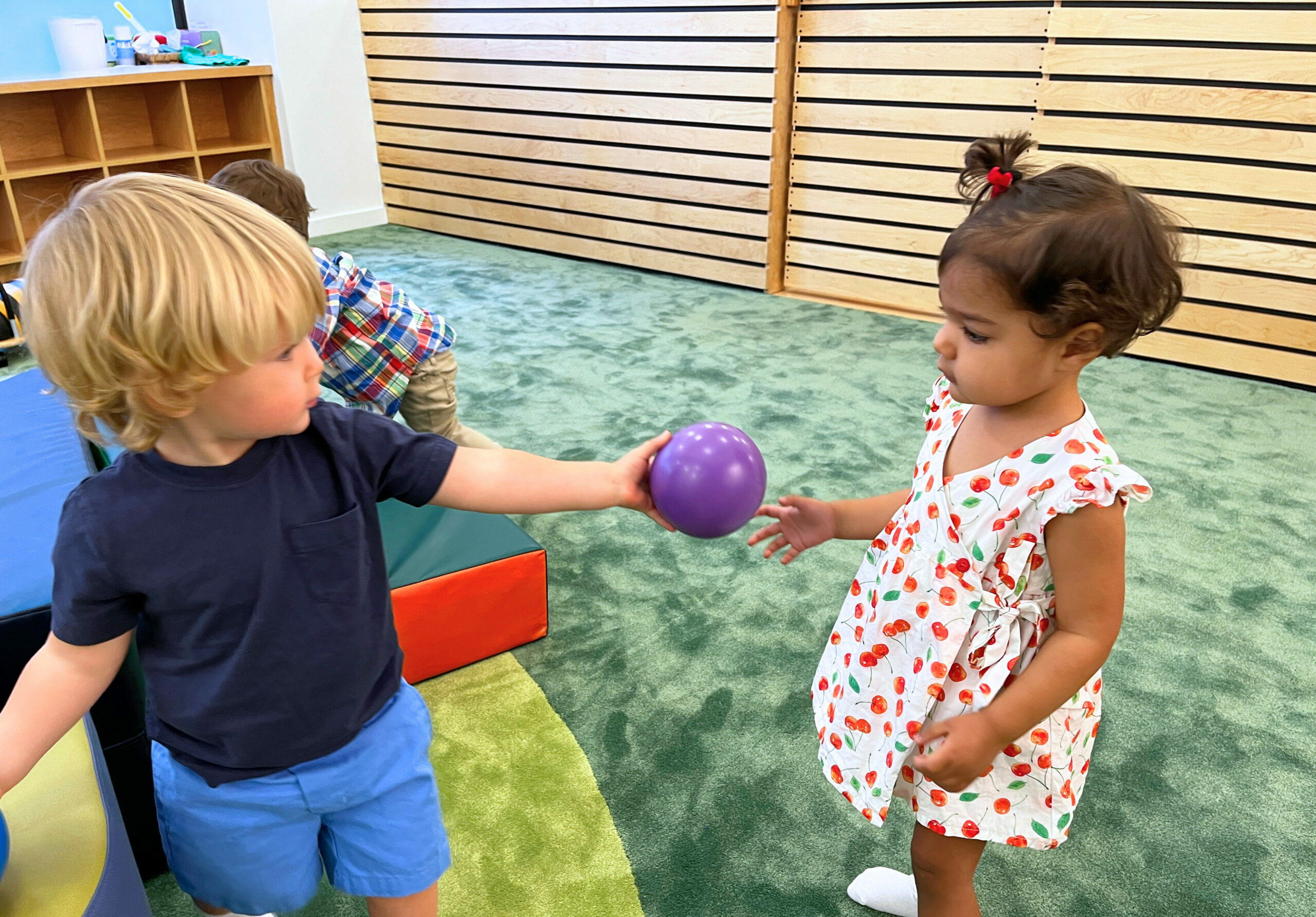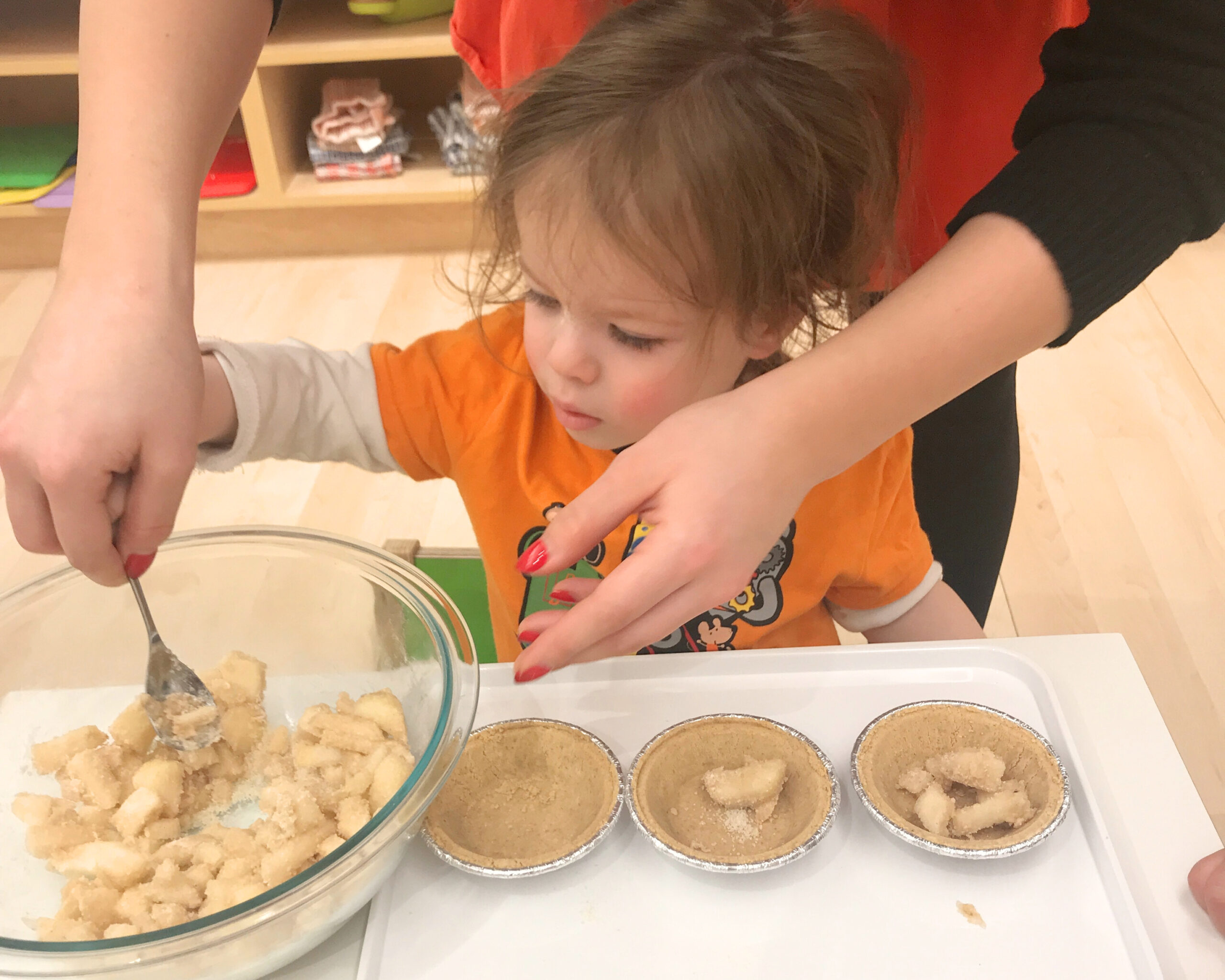Imagine for a moment: you are a little one beginning your early childhood education journey. It is the very first day of school, and you are sitting in a new classroom full of new students. Your curiosity carries your gaze around the room, seeing each new friend and teacher. The space is unfamiliar and new and it’s challenging to understand some people. The excitement calms down and the day officially begins by saying “hello” in both English and Spanish. The rest of the day everything you learn is both in English and in Spanish. It seems like it could be overwhelming, but with your ever-developing mind acting like a sponge to new information, you are able to learn and retain both languages with ease.
The benefits of bilingual preschools exceed beyond growing up multilingual. Studies show learning multiple languages nurtures children’s cognitive and social emotional development.
Cognitive Development
With understanding and speaking more than one language comes the practice of code switching. This practice exercises your little one’s cognitive skills because, as they make connections between the languages, they learn how to make other connections outside of the classroom. The cognitive development benefits of bilingual preschool include improved:
- Mental Flexibility
- Abstract Thinking
- Memory
- Attention Span
- Self-Regulation
Social Emotional Development
In a bilingual classroom, your little one is immersed in a multicultural environment, and using both English and another language interchangeably means learning to communicate in multiple ways. Learning a new language also encourages curiosity for the culture of the new language. Introducing little ones to cultures, especially cultures different from their own, is a priceless gift you can give them during their social emotional development. Being immersed in cultures from all over the world in their early childhood education builds respect for all people. This nurtures cultural competence, or their ability to respect and understand cultures different from their own.
Learning more than one language during a little one’s early childhood education will not only set them up for success in the future, but will also help nurture more culturally competent young people.




